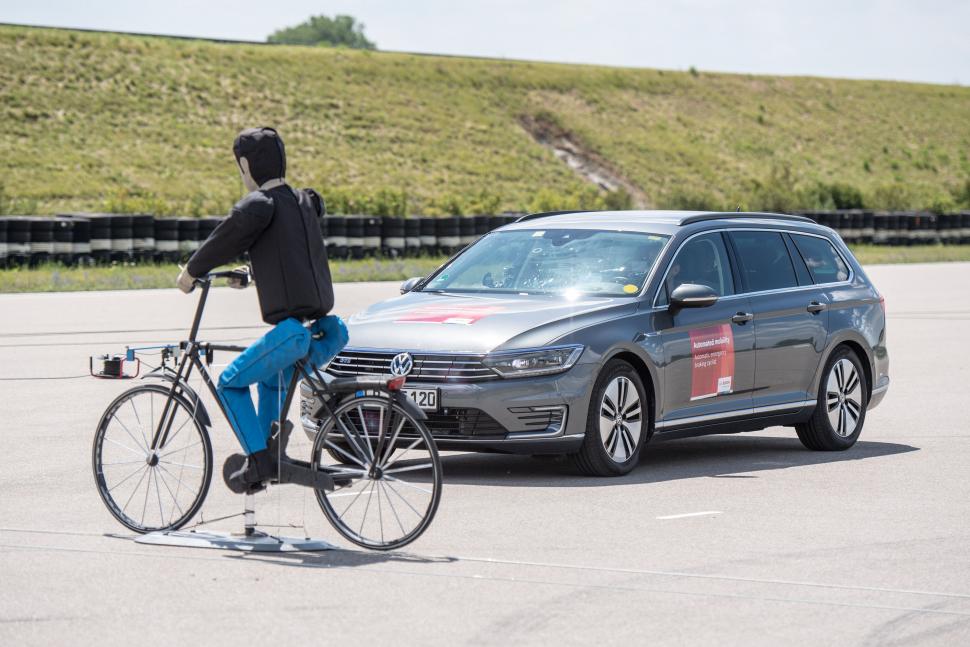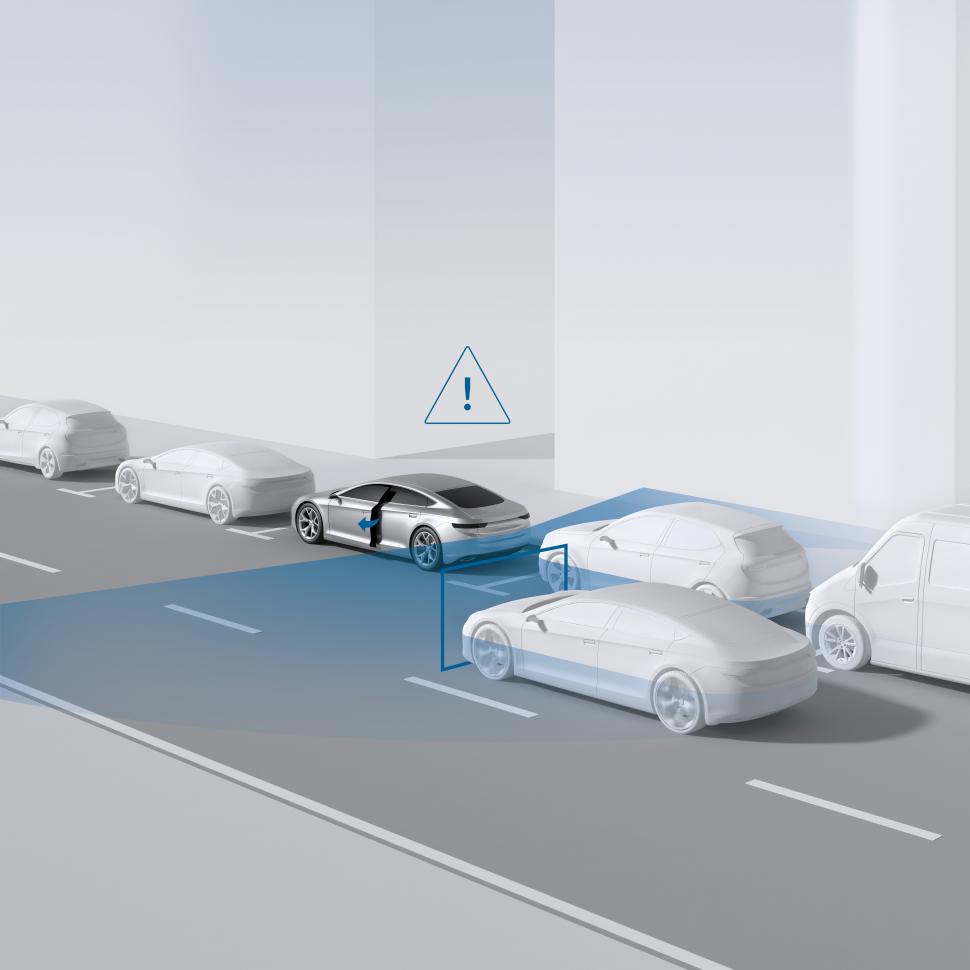- News
- Reviews
- Bikes
- Components
- Bar tape & grips
- Bottom brackets
- Brake & gear cables
- Brake & STI levers
- Brake pads & spares
- Brakes
- Cassettes & freewheels
- Chains
- Chainsets & chainrings
- Derailleurs - front
- Derailleurs - rear
- Forks
- Gear levers & shifters
- Groupsets
- Handlebars & extensions
- Headsets
- Hubs
- Inner tubes
- Pedals
- Quick releases & skewers
- Saddles
- Seatposts
- Stems
- Wheels
- Tyres
- Tubeless valves
- Accessories
- Accessories - misc
- Computer mounts
- Bags
- Bar ends
- Bike bags & cases
- Bottle cages
- Bottles
- Cameras
- Car racks
- Child seats
- Computers
- Glasses
- GPS units
- Helmets
- Lights - front
- Lights - rear
- Lights - sets
- Locks
- Mirrors
- Mudguards
- Racks
- Pumps & CO2 inflators
- Puncture kits
- Reflectives
- Smart watches
- Stands and racks
- Trailers
- Clothing
- Health, fitness and nutrition
- Tools and workshop
- Miscellaneous
- Buyers Guides
- Features
- Forum
- Recommends
- Podcast
news
 Bosch automated emergency braking.jpg
Bosch automated emergency braking.jpgNew technology from car component giant Bosch will slash collisions between motorists and cyclists by almost half, claims company
Bosch, the world’s largest automotive components manufacturer, has unveiled a new automated emergency braking system that uses radar to detect cyclists, with the German company saying the technology will even work in fog and could cut the number of cyclists killed or injured in road traffic collisions by almost half.
It has also developed a system to warn vehicle occupants when cyclists are approaching from behind, in a bid to prevent dooring incidents.
According to the company, which is based near Stuttgart, its Bosch iBooster, which also uses video to detect bike riders, can activate full automatic braking in 190 milliseconds – equivalent to the time it takes to brake twice.
Board director Dr Dirk Hoheisel commented: “Driver assistance systems are the next step along the path toward accident-free driving.
“These electronic assistants are always vigilant and, in emergencies, they respond more quickly than people can.
"They provide support just where drivers need it – in busy city traffic," he added.
Citing government statistics, the company says that 393 cyclists were killed on Germany’s roads in 2016, equivalent to 12 per cent of the country’s road traffic fatalities, with two in three of those crashes involving a car.
The company claims that equipping all new cars sold in the country with the technology would cut cyclist casualties by 43 per cent, or at least reduce the severity of the injuries sustained.
“An emergency braking assistant may reduce braking distance by the few crucial centimetres that can mean the difference between life and death,” explained Gerhard Steiger, president of Bosch’s Chassis Systems Control division.
Radar sensors originally designed to track lane changes on highways, meanwhile, have been adapted to also warn drivers and their passengers of the presence of people on bikes.
The car exit warning is activated for all doors, remains live for several minutes after the vehicle’s ignition has been turned off, and has a radius of 20 metres.
Both developments will be featured by Bosch at the Frankfurt International Car Show next month, and in the meantime the company has produced a video showing the automated emergency braking system in operation, which you can watch here on the Autoblog website.
Latest Comments
- whosatthewheel 1 sec ago
That pleb's mouth needs clipping for the foul chat and display of completely unprovoked agression in front of a child.
- whosatthewheel 1 hour 58 min ago
The main problem is people overtighening their BOA dials already right before getting on the bike. That combined with vibrations transferred from...
- captain_slog 2 hours 49 min ago
Nice idea. Il Lombardia: la classica delle foglie morte. Because that name, Lake Como in autumn, Coppi and proper climbs.
- Dnnnnnn 2 hours 57 min ago
It might have stretched to that metre, and I suspect it was only available for active travel capital projects - but the general public just see...
- Bungle_52 4 hours 32 min ago
Well now I've heard the excuses and had time to digest them I'm not impressed to say the least....
- Rendel Harris 5 hours 33 min ago
Definitely legal and a number of teams have used them, I remember an interview with IPT's chief technician a couple of years back where he revealed...
- slc 5 hours 44 min ago
I cycled up Marsh Lane yesterday, and went through the bus gate behind the new number 16 bus (temple meads to kingswood via barton hill). So that...
- hawkinspeter 7 hours 2 min ago
I share that hope too. I think it's slightly more complicated as the lower courts ordered that he had to be returned and now the Supreme Court have...

Add new comment
18 comments
Going on recent headlines - this isn't going to sell well with motorists. It's reading like a war out there.
If this could always make a characteristic sound when a bike or motorcyclist is coming alongside, it might save lives.
Yesterday, someone slowly passed me, then forgot I was there and began moving in when I was next to the rear door, so I had to brake. Straight road, 20mph limit, primary position would have obstructed traffic too much. Ideally, I'd like the car to warn the driver there's a cyclist alongside.
As a driver, I'd also love to hear a 'cyclist in range' noise when joining roundabouts and at complex junctions, when I've already looked for cyclists coming up from behind and am now checking cars and bikes ahead before emerging.
It might also warn of the near invisible people in front on bikes after dark, with no rear light and wearing dark clothes!
It would be even better if it made a warning noise the moment a door handle is touched when a cyclist is in range, rather than when the door is opened.
And could it also rapid flash some exterior lights to warn the approaching cyclist.
I am *so* longing for automated cars, assuming the software is designed to leave cyclists space ...
It might be better if the 'car exit warning' actually slowed the door's opening rather than just beeping! Otherwise it just helps vehicle occupants to perfectly time doorings, or just confuse them with another beep, like for seatbelt use, door open etc.
Let's get this added to all new vehicles as soon as possible.
Dumbing down driving for sure but reducing perceived danger of cycling should eventually mean more people on bikes and less in cars anyway
The problem with all this technology is that it arrived in the wrong order.
Ideally self-drive would have arrived before mobile attention diverters so we'd have never had the problem of people having a myriad of reasons not to be paying attention. I can imagine some people becoming less attentive because of tech like this.
Fresh from the people who brought us Diesel emission control software! What could possibly go wrong?
More like this please.
The sooner my safety is not at all reliant on human drivers the better!
This.
When I read the headline, I was thinking more along the lines of a system which gives drivers an electric shock when they get too close to a cyclist. I'm sure that would prevent more cyclists' deaths than their proposal.
Or people could just learn to fucking drive properly.
Could someone design a wiper system that comes on automatically because I'm too lazy to flick a switch.....? Etc.
Abso-frickin-lutely. There's far to much crap in cars today further dumbing down already dumb drivers not paying attention to the road. Most can't even hold the wheel with both hands, ffs.
Erm, they already have...
http://s.hswstatic.com/pdf/rain-sensor.pdf
Erm, cheers.
In theory systems like this should make driving safer, if you're not thinking about whether you should turn the wipers from intermittent to full speed, or to turn your headlights on, should mean that drivers have more attention left to be watching the road. Unfortunately the reality doesn't match the dream, and unfortunately as much as I think auto braking systems in every car would be very welcome and very effective in a lot of cases (after all humans are fallable) I fear it would still lead to some people driving like the car will do all the hard work for them.
Cyclists have been sharing roads with motorists for over 100 years. When do you think that's going to happen?
I'm quietly confident that the drop in driving standards and refusing to take responsibility for one's own actions on such a widescale is quite a recent phenomena. Nor is it just restricted to driving.
Phenomenon, singular.
And you're wrong about it being recent as it has been the case for at least fifty years that drivers have not been expected to behave responsibly and have been absolved when they don't.
It might not be restricted to driving, but since that is the subject under discussion and is the only one that is relevant, your comment has no bearing.